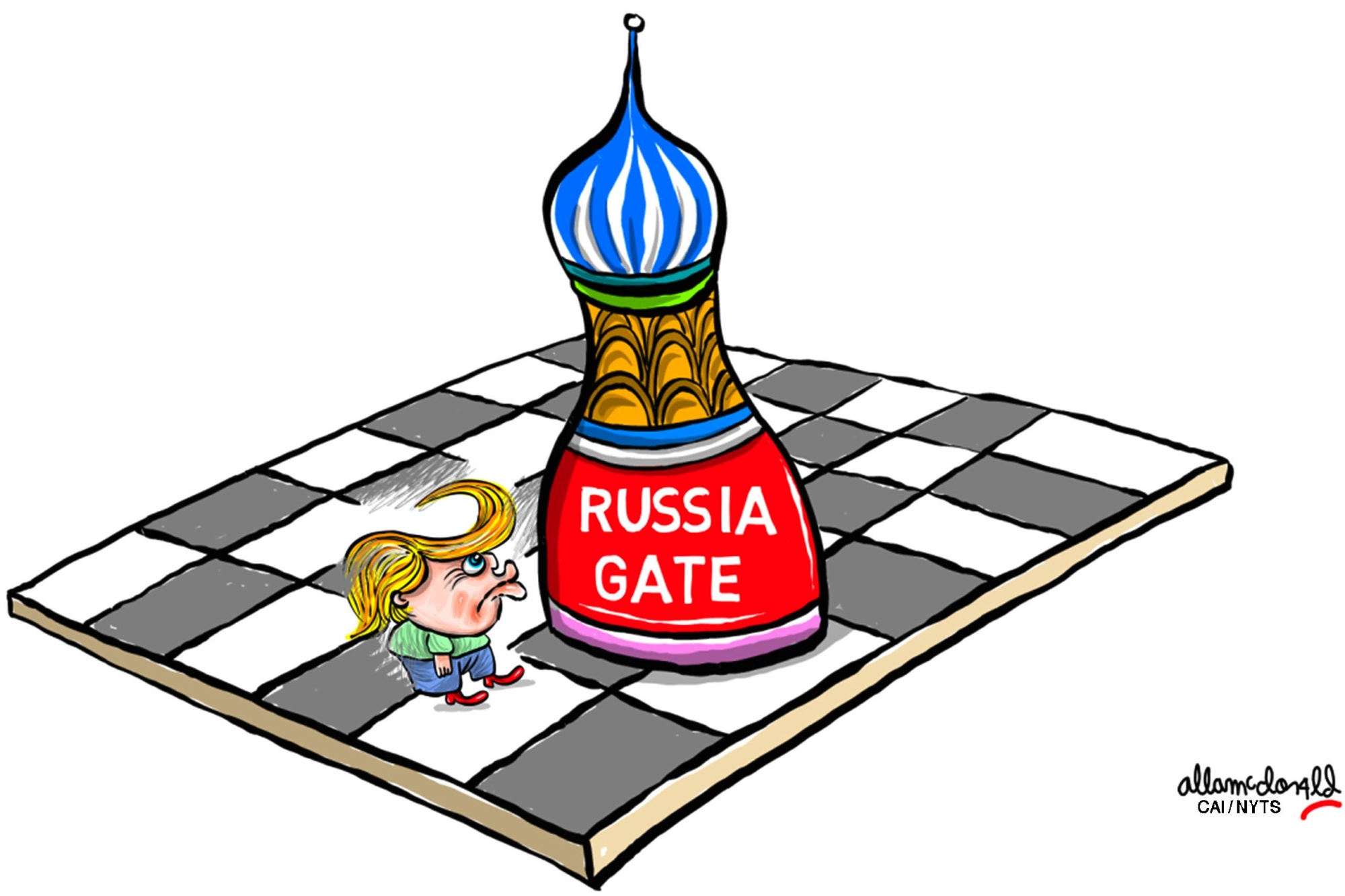U.S.-led sanctions against Moscow are helping to create a more assertive Russia determined to countervail American power. The bipartisan support in the U.S. Senate Foreign Relations Committee for additional sanctions, even as a special counsel investigates alleged collusion between U.S. President Donald Trump's election campaign and Moscow, suggests that the U.S.-Russia relationship is likely to remain at a ragged low.
Despite the Russian economy suffering under the combined weight of sanctions and a fall in oil prices, Moscow is spreading its geopolitical influence to new regions and pursuing a major rearmament program involving both its nuclear and conventional forces. Today, Russia is the only power willing to directly challenge U.S. interests in the Middle East, Europe, the Caspian Sea basin, Central Asia and now Afghanistan, where America is stuck in the longest war in its history.
Put simply, the U.S.-led Western sanctions since 2014 are acting as a spur to Russia's geopolitical resurgence.



















With your current subscription plan you can comment on stories. However, before writing your first comment, please create a display name in the Profile section of your subscriber account page.